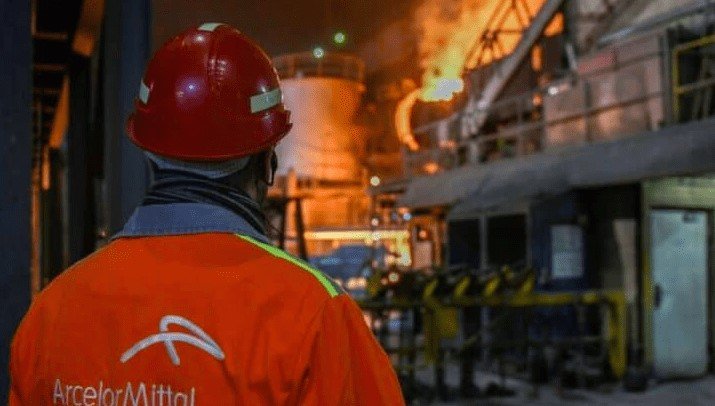The future of ArcelorMittal South Africa’s Newcastle operations hangs in the balance as the company signals a possible wind-down of its Longs Business by September 30, unless a sustainable solution emerges. This looming decision has rattled the local business community and sent shockwaves through the regional economy.
A Major Economic Pillar on Shaky Ground
ArcelorMittal South Africa (AMSA) has confirmed that its Longs Business, a critical segment of its Newcastle steel operations, is on course for a final wind-down by the end of September if no viable plan is approved. The Industrial Development Corporation (IDC) has been footing the bill to keep the Longs Business afloat through the third quarter of 2025, but the company awaits IDC’s due diligence outcome before any long-term decisions can be finalized.
AMSA insists the financial support was handled responsibly, with a clear focus on maintaining production, protecting jobs, and sustaining value chains. However, the fate of the Longs Business appears tied to this funding lifeline. The Newcastle plant itself hasn’t been officially slated for closure — yet.
Still, any shutdown of the Longs Business would almost certainly bring Newcastle’s operations to a grinding halt. This has raised serious concerns locally, with the Newcastle Business Chamber sounding the alarm about the wider impact on the city and surrounding region.

Morne Seaman, president of the Chamber, described the situation as “grave.” For many in Newcastle, the plant isn’t just a workplace; it’s the backbone of the local economy. “Closing the Newcastle plant would devastate workers and cripple the manufacturing and supply chains that rely on it,” he said. The repercussions, Seaman warns, could ripple far beyond factory walls.
Shockwaves Beyond the Factory Gates
The Newcastle plant is a cornerstone employer in the region. Its influence stretches well beyond direct employment, supporting contractors, suppliers, transporters, and a range of downstream industries. The potential loss threatens the delicate ecosystem of jobs and businesses that orbit the facility.
“It’s not just the workers inside the plant who would feel the impact,” Seaman explained. “Retail stores, housing markets, schools, and even municipal services stand to take a hit if the plant shuts down.” The plant’s closure could reduce municipal revenue and strain public services already facing challenges.
Locals are bracing for the possibility that an economic domino effect could unfold. When a major industrial hub like this falters, the fallout tends to spread quickly and painfully. Families dependent on the plant’s jobs worry about their futures. Small businesses that rely on the spending power of those workers prepare for leaner days.
What’s Next? Waiting on Due Diligence and Solutions
AMSA’s reliance on IDC’s financial backing highlights how critical external support has been in staving off immediate crisis. But this safety net isn’t indefinite. The due diligence report from the IDC will be pivotal, though its timing and conclusions remain unclear.
Industry insiders speculate that the decision will hinge on whether a sustainable business model can be secured—one that can compete in a tough global steel market and weather ongoing economic pressures.
This isn’t just a local issue, either. Steel production and manufacturing have broad implications for South Africa’s economy, impacting exports, industrial capacity, and broader economic growth. Newcastle’s steel operations contribute significantly to all that.
Numbers at a Glance: The Newcastle Plant’s Economic Footprint
| Aspect | Details |
|---|---|
| Direct employees | Thousands of local workers employed |
| Supply chain impact | Contractors, suppliers, and transporters affected |
| Regional impact | Local businesses, schools, housing, and municipal revenue reliant on plant operations |
| Financial support | IDC funding to keep Longs Business running through Q3 2025 |
Community Calls for Action
The Newcastle Business Chamber has urged stakeholders—government, industry leaders, and investors—to act swiftly. Protecting jobs and maintaining industrial output is seen as a priority not just for Newcastle but for the region’s economic health.
“There’s a lot at stake here,” Seaman stressed. “We need collaboration and innovative solutions to avoid a shutdown that could set the community back years.”
Locals hold onto hope that a rescue plan or new investor might emerge to keep the Longs Business and Newcastle operations alive. But the clock is ticking, and uncertainty looms large.
Amid economic challenges, the story unfolding in Newcastle is a stark reminder of how a single industrial site can shape an entire region’s fortunes. For the workers, businesses, and families tied to the steel plant, the coming months will be critical.








